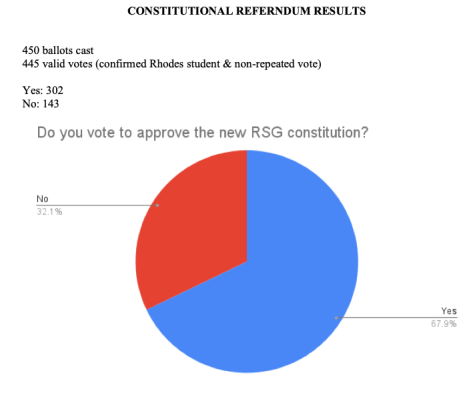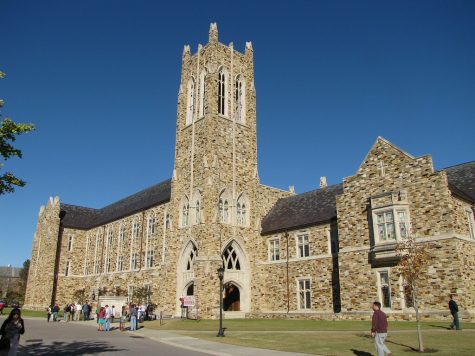Spotlight: Greek orgs’ deferred rush money ‘not a bribe’
Fraternity Row at Rhodes College
November 4, 2016
Following the announcement of deferred fall rush last semester, Greek organizations, fraternities in particular, began to voice their concern and contempt of the new policy. However, this public frustration eventually waned away, disappearing entirely following a $7,500 compensation per organization—totaling to $105,000.
While the compensation was largely unnoticed, it did draw furor from some students. Sophomore Steven Mysciewicz said,“It looks like a bribe to me. That’s what you do, throw money at people to make them shut up.”
Dean Carol Casey directly addressed those who may “misinterpret the compensation as a bribe.” Casey said, “People may think [the compensation was a bribe]… It was not a bribe.”
While the definitiveness of Casey’s statement is unimpeachable, Interfraternity Council President Ben Bentley muddied the water. Bentley, with regard to whether or not the compensation had brought an end to their protesting, said, “We were done complaining when we received the compensation.”
Furthermore, Interfraternity Council Vice President and Kappa Sigma President Alessandro Secino provided a muddled interpretation of the finances. When pressed if there was a quid pro quo to lessen the blow of deferred rush, Secino said, “Yeah the [administration] did, they gave each chapter pretty good compensation.”
While Secino’s interpretation of the funds as quid pro quo could be a sign of inside baseball, Casey emphasized the compensation had only sensible conditions. Casey, speaking to the requirements said, “The money had to go to their housing corporations and they had to update their lease.”
Unfortunately for Greek organizations, these conditions were unmalleable. In point of fact, it required some fraternities to establish infant housing corporations. Secino called the necessity to establish a housing corporation “frustrating.”
Still, it is unclear if fraternities offered any services in return. Secino admitted new policies with the college were crafted over the summer. Secino said, “Kappa Sigma and ATO met with the campus administrators all summer to make risk management more effective and to find ways to get Campus Safety more involved in what we do.”
Deferred rush had been considered in the past, while delayed rush was actually implemented for a brief period of time. Schools such as those President William Troutt provided—Emory University, Tulane University, Vanderbilt University and Washington University—all operate under the deferred rush system.
Casey identified the reasoning for deferring rush as the pigeonholing of students into a single group—making them unable to explore the entire campus and be content. Casey said “While a lot of large schools’ first-year experiences want to make their campuses seem smaller, we want our first-year experience to make our small campus seem bigger.”















